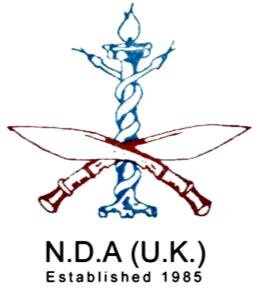
Useful Links
With a wealth of information available online, we have sought to create a portal for key websites for Nepali doctors and medical students transitioning to work in the UK, and approaching specialty specific applications. (Updated March 2020)
Working in the UK for the first time
For those who have qualified abroad, the first step is to register with the General Medical Council (GMC). Depending on your nationality, qualifications and experience, there are different ways to apply for registration with a license to practice in the UK.
Full guidance can be found on the GMC website. Use the tool below to see which type of application is suitable for you.
One of the first hurdles faced by Nepali graduates is passing the Professional and Linguistic Assessment Board (PLAB) Exam. Further information regarding the PLAB exam can be found on the GMC website.
Overseas graduated will also be required to provide evidence of english language proficiency. This may be demonstrated though the International Language Test System (IELTS) or the Occupational English Test (OET).
The guide opposite, published by NHS employers in 2015, “aims to make doctors and dentists from outside the UK aware of the opportunities available and to help them understand the immigration processes and requirements. It includes details of sources of further information and where to check for up-to-date details of immigration and other requirements”
Medical training and career structure with the key entry points for applicants
Applying for the Foundation Programme
“The Foundation Programme is a two-year, work-based training programme which is intended to bridge the gap between medical school and specialty / general practice training. The foundation programme is part of the continuum of medical education. It ensures that newly qualified doctors develop their clinical and professional skills in the workplace in readiness for core, specialty or general practice training. The foundation programme aims to ensure that all doctors deliver safe and effective patient care and aspire to excellence in their professional development in accordance with GMC guidance. “
The most up to date applicant guidance can be found here.
Applying for Specialty Training
“The majority of specialty recruitment is organised nationally by one of the Royal Colleges or by a lead HEE local office/Deanery on behalf of all local offices and deaneries carried out via Oriel – an online recruitment platform.”
Doing your research well in advance, by reading through the personal specifications and keeping a timeline of key dates can instantly put you ahead of the game. This will ensure you meet the entry criteria for getting through the first stage of the application process and being long-listed for interview. This will also give you a time scale in which you must collate evidence within the portfolio checklist.
Specialty specific personal specifications at ST1 and ST3 levels can be found here.
Recruitment timelines can be found here.




